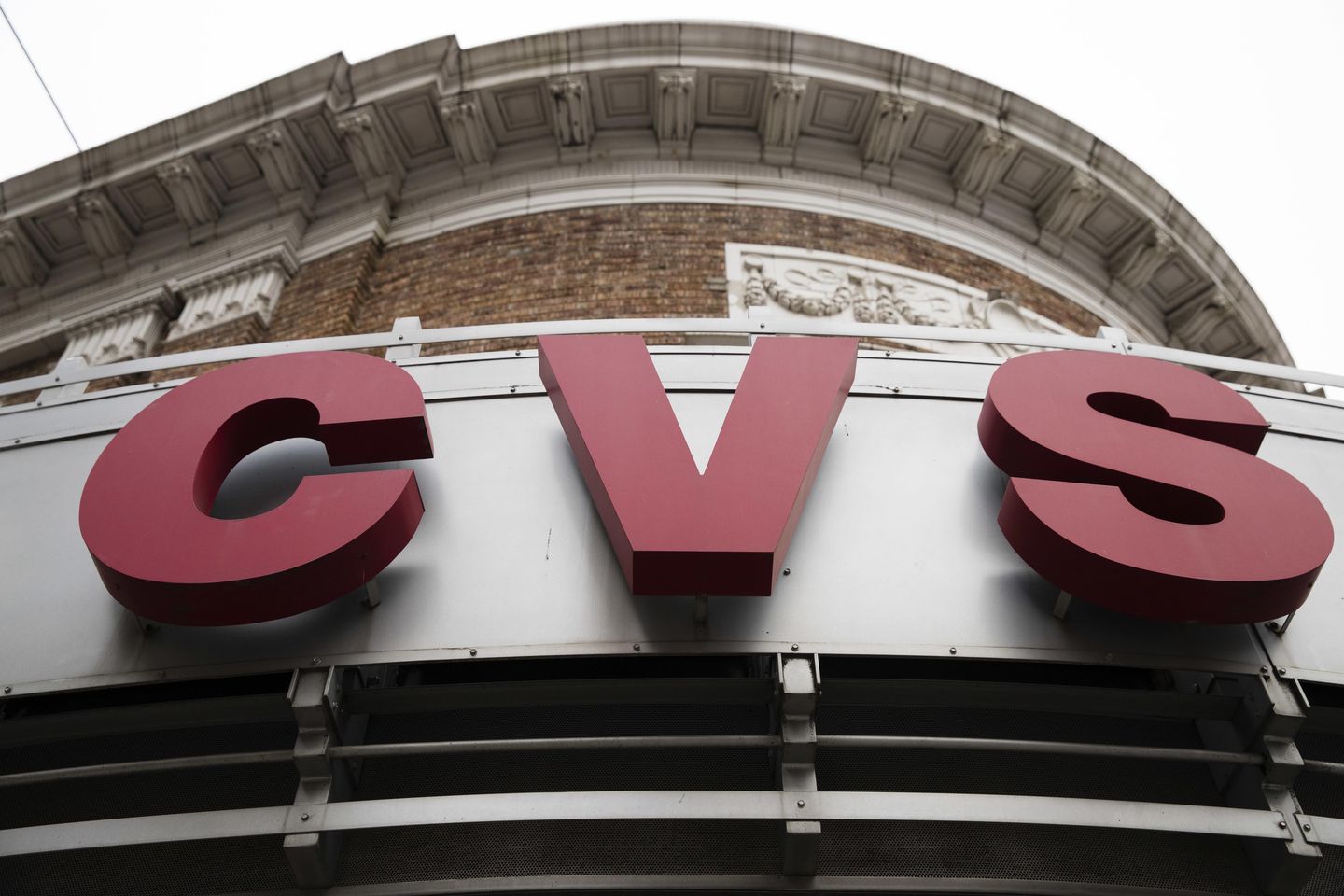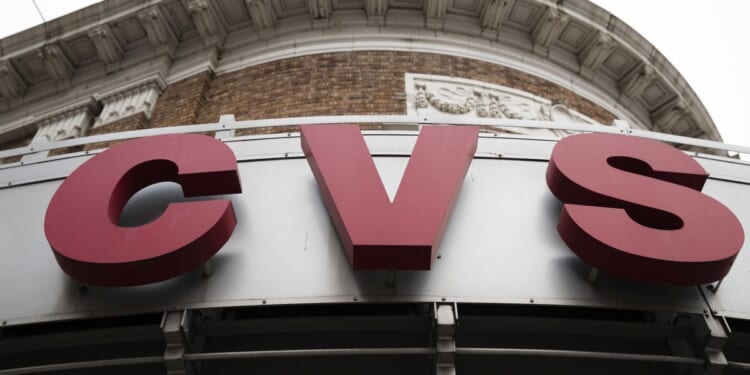
A D.C. drugstore that became a national symbol of urban lawlessness after regular ransackings by brazen shoplifters will shut down next month.
More than half of the shelves in the Columbia Heights CVS were bare Wednesday when the announcement was made. For months, thieves have snatched bath and beauty products, toilet paper, frozen foods and other goods from the 14th Street Northwest location.
Photos and videos of the empty shelves went viral last year on social media, and news stories about the store and its policy of avoiding confrontations with thieves spread.
A CVS spokesperson didn’t address the location’s crime issues when discussing the closure, but store employees said the shoplifting had become so endemic that even regular customers were joining in on the larceny.
“All the customers, they try to take [something] for free,” a cashier at the Columbia Heights location told The Washington Times. “They’re watching another customer and seeing that they didn’t pay, so they’ll tell us, ‘Why didn’t he pay? I’m not paying.’”
This cashier, who spoke to The Times on the condition of anonymity, said the shoplifters became more aggressive in 2022. As customers noticed that theft was more or less tolerated at the location, the cashier said, “normal people” started to walk out with items.
A small team of security guards at the store used to apprehend thieves, the cashier said, but their numbers and ability to thwart criminal behavior dwindled. Most major corporations have policies against physically stopping shoplifters to avoid putting employees and customers in harm’s way.
CVS spokeswoman Amy Thibault didn’t answer a question about how crime affected the store’s planned closure on Feb. 29.
D.C. Council member Brianne K. Nadeau, the Ward 1 Democrat who represents Columbia Heights, told local ABC affiliate WJLA-TV that crime wasn’t discussed as a factor in the store’s closure when her team spoke with CVS.
She said in a statement that the CVS location was “one of about 900 stores they are closing to reduce pharmacy density.”
The announcement was another setback for a city shaken by a yearlong wave of homicides, carjackings and robberies and for local leaders who have struggled to persuade remote workers to return to downtown offices after the COVID-19 pandemic emergency.
Two restaurants along the H Street Corridor in Northeast, The Pursuit Wine Bar & Kitchen and Brine Oyster & Seafood House, announced this fall that crime factored into their closures.
The Pursuit said three burglaries within a month cost the restaurant $15,000. Brine mentioned the citywide spike in violent crime last year as a reason for shutting locations on H Street and in Dupont Circle.
High-end retailers with tight security protocols haven’t been spared.
The Chanel store in downtown D.C. was raided twice last year. Thieves set off smoke bombs and fire extinguishers before grabbing thousands of dollars in merchandise from the luxury brand.
The District’s issues with retail crime had become so pronounced that a Forbes Advisor survey released this fall said the federal city had the second-worst shoplifting problem in the nation.
Local lawmakers have sought to tackle the issue in a bill that would put retail theft ringleaders behind bars for 15 years and lower the felony theft threshold from $1,000 to $500.
D.C. legislators aren’t the only politicians playing catch-up with retail theft.
California Gov. Gavin Newsom, a Democrat, announced in September that the state would spend nearly $270 million to aid police departments and prosecutors in a crackdown on organized retail crime.
“Flash mob” robbers hit an Yves Saint Laurent and a Nordstrom in the Los Angeles area last summer that cost each business well over six figures.
In San Francisco last year, the owners of a family-run hardware store said they had lost $700,000 in 2022 because of organized theft.
Many big businesses are cutting their losses in large cities.
Target shared plans to close nine stores in four cities — New York, Seattle, San Francisco and Portland, Oregon — partly out of fear for employee and customer safety.
Nike decided not to reopen a store in Portland because of rampant theft, and Walmart opened a “police workspace” at one of its Atlanta stores to deter crime.
Replacing security guards with police officers might prevent shoplifters from taking deadly action to defend their hauls.
A Macy’s security guard was stabbed to death by a thief last month in Philadelphia, and a Home Depot security guard in Pleasanton, California, was gunned down in April after he caught a woman stealing.
Major retailers have been lobbying Congress to pass the Combating Organized Retail Crime Act, which would establish the Organized Retail Crime Coordination Center through the Department of Homeland Security.
The center would coordinate federal efforts, establish relationships with state and local law enforcement, and create a secure system to share data and spot trends.
Retail theft problems have become so prominent that Republican presidential front-runner Donald Trump said in October that he would encourage lethal force to stop thieves.
“We will immediately stop all of the pillaging and theft. Very simply: If you rob a store, you can fully expect to be shot as you are leaving that store,” Mr. Trump said in a speech to California Republicans.
• Tom Howell Jr. contributed to this report.












